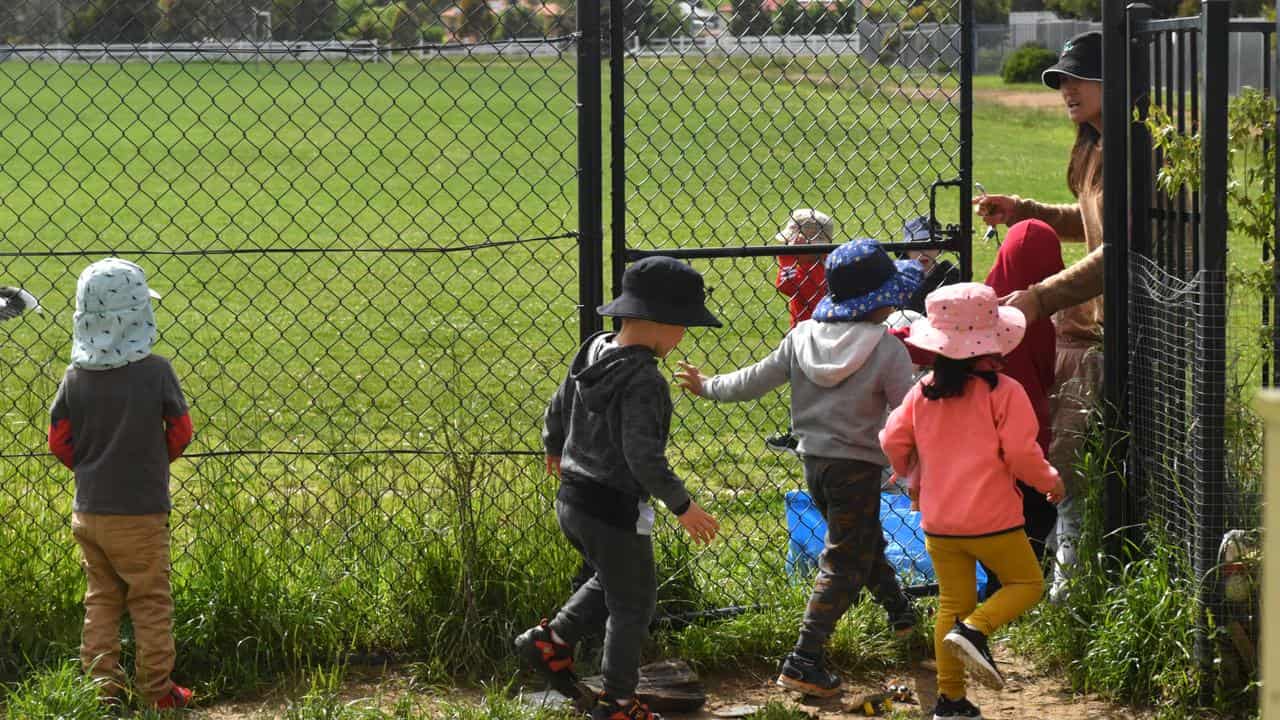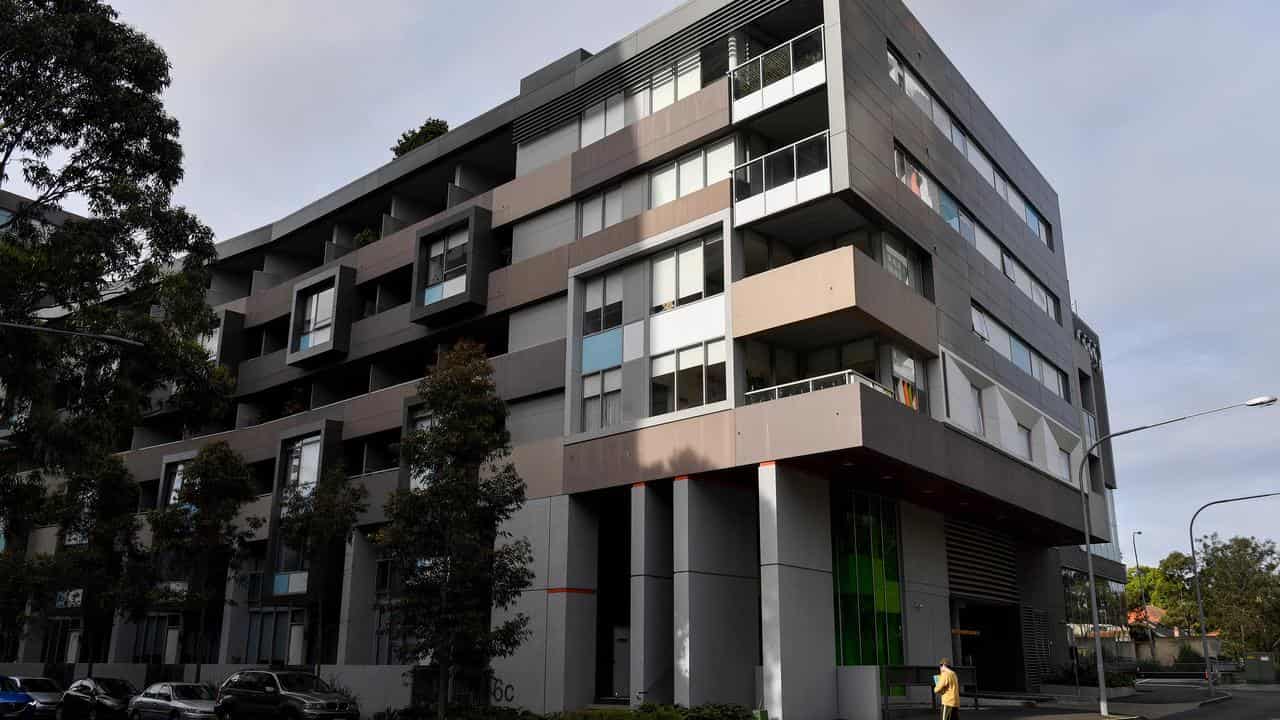
San Francisco has been held up as the housing horror story Sydney cannot repeat, amid predictions less than half of children born today will ever own a home.
The widening gulf between house prices and incomes now meant prospective home buyers had to save almost 3.5 times the median income for a 20 per cent deposit and a foot in the door, business and state leaders were told on Monday.
That measure is up from 1.5 times the median income in the early 1990s.
Those pressures meant that without substantial changes less than half of children born today would likely buy a home at some point in their lives.
"The older you are, the earlier you bought, the better you have it," Scyne Advisory partner Janice Lee told the Sydney Summit.
"And that is not a legacy we want to continue."

It was also challenging Australia's egalitarian ethos, with wealth increasingly being concentrated among a smaller group of mainly older people, NSW Treasurer Daniel Mookhey said.
He pointed to the US city of San Francisco, where he said the consequence of a tech boom and stagnant housing policies left some in the middle class lining up at soup kitchens.
"We still have an opportunity to act," he told reporters.
"We have to make sure that kids starting school this week will be able to own a home if they work hard."
Promisingly for those focused on the national housing crisis, anti-development NIMBYs appear to be declining.
A survey of 1035 Sydneysiders shows 44 per cent support more dense development in their suburb, up five percentage points in a year.
A majority of renters, postgraduates and Indigenous people back more density in their home patches, but support among retirees is lower at 34 per cent.
Redeveloping existing Sydney suburbs to accommodate increased density has more backers than objectors and fence-sitters, jumping eight points to 52 per cent in a year.

NSW planning department secretary Kiersten Fishburn also pressed the need for young people to be involved in councils, where most planning decisions were made.
Two-fifths of councillors in the state were older than 60, while there were almost 10 times as many local representatives in that cohort than those under 30.
"You have a really disproportionate number of decisions being made at a local level that don't have the representative voice of young people there," Ms Fishburn said.
Committee of Sydney chief executive Eamon Waterford said the "exquisitely expensive" city was losing $10 billion a year in productivity and talent and was becoming a less fair place to live.
"If we can't keep young people here and migrants don't feel welcome here, our economy will grind to a juddering stop," he said.
The changing attitudes towards density and development come as the state government puts its shoulder to the wheel to accelerate home building.
But those reforms, including a focus on public transport hubs and anti-apartment councils, will take years to have an effect.
Annual completions are sitting at a paltry 48,000 homes, well short of the 75,000 annual average the state is targeting over the next five years.









